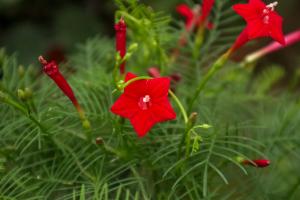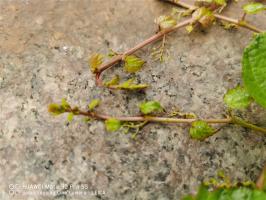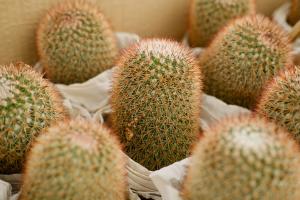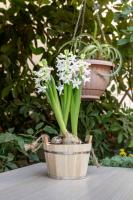Can I Use Pasta Water for Plants?
As someone who is always looking for ways to reduce waste and live more sustainably, I often find myself wondering if there are alternative uses for things that would typically end up being thrown away. Recently, I started thinking about pasta water and whether it could be used for something other than just boiling noodles. Specifically, I wondered if it could be used for watering plants. So, can you use pasta water for plants? Let's explore this question in more detail.
The Chemistry of Pasta Water
In order to understand whether or not pasta water can be used for plants, it's helpful to know what's actually in it. When you boil pasta, some of the starch from the noodles leaches into the water, creating a cloudy, starchy liquid that can be a nuisance to deal with. However, that starchy water can actually be quite useful.
In addition to the starch, pasta water also contains small amounts of salt and some nutrients from the pasta itself, such as carbohydrates and proteins. However, there are some potential downsides to using pasta water for plants as well.
The Pros and Cons of Using Pasta Water for Plants
On the plus side, using pasta water for plants can be a great way to reuse something that would otherwise be thrown away. It's also a fairly easy and convenient way to give your plants some extra nutrients without having to purchase specialized plant fertilizers. In fact, some gardeners even swear by using starchy water to help their plants grow bigger and stronger.
However, there are also some potential downsides to using pasta water for plants. The salt in the water could potentially harm sensitive plants, and the starch could potentially invite pests like mold or fungus. Additionally, if you salt your pasta water heavily, it may not be the best choice for your plants.
When to Use Pasta Water for Plants
So, given the potential pros and cons of using pasta water for plants, when is it a good idea to use it? The answer depends on a few factors.
If you're planning on using pasta water to give your plants a nutrient boost, it's best to only use it on plants that can handle a bit of salt. Plants like succulents, cacti, and other tough, drought-tolerant species may be able to handle the small amount of salt that's present in pasta water. However, more delicate plants may not fare as well.
If you're worried about the starchy water attracting pests, it's a good idea to dilute the pasta water with fresh water before using it to water your plants. This can help reduce the concentration of starch and make it less attractive to potential pests. Additionally, if you notice any signs of mold or fungus on your plants after using pasta water, it may be best to discontinue use.
Conclusion
So, can you use pasta water for plants? The answer is yes, but with some caveats. Using pasta water as a nutrient boost for your plants can be a great way to reduce waste and give your plants a little extra TLC. However, it's important to be mindful of the potential downsides, such as the salt content or the risk of inviting pests. Ultimately, whether or not you choose to use pasta water for plants will depend on your own gardening practices and the specific needs of your plants.

 how many times do yo...
how many times do yo... how many planted tre...
how many planted tre... how many pine trees ...
how many pine trees ... how many pecan trees...
how many pecan trees... how many plants comp...
how many plants comp... how many plants can ...
how many plants can ... how many plants and ...
how many plants and ... how many pepper plan...
how many pepper plan...
































